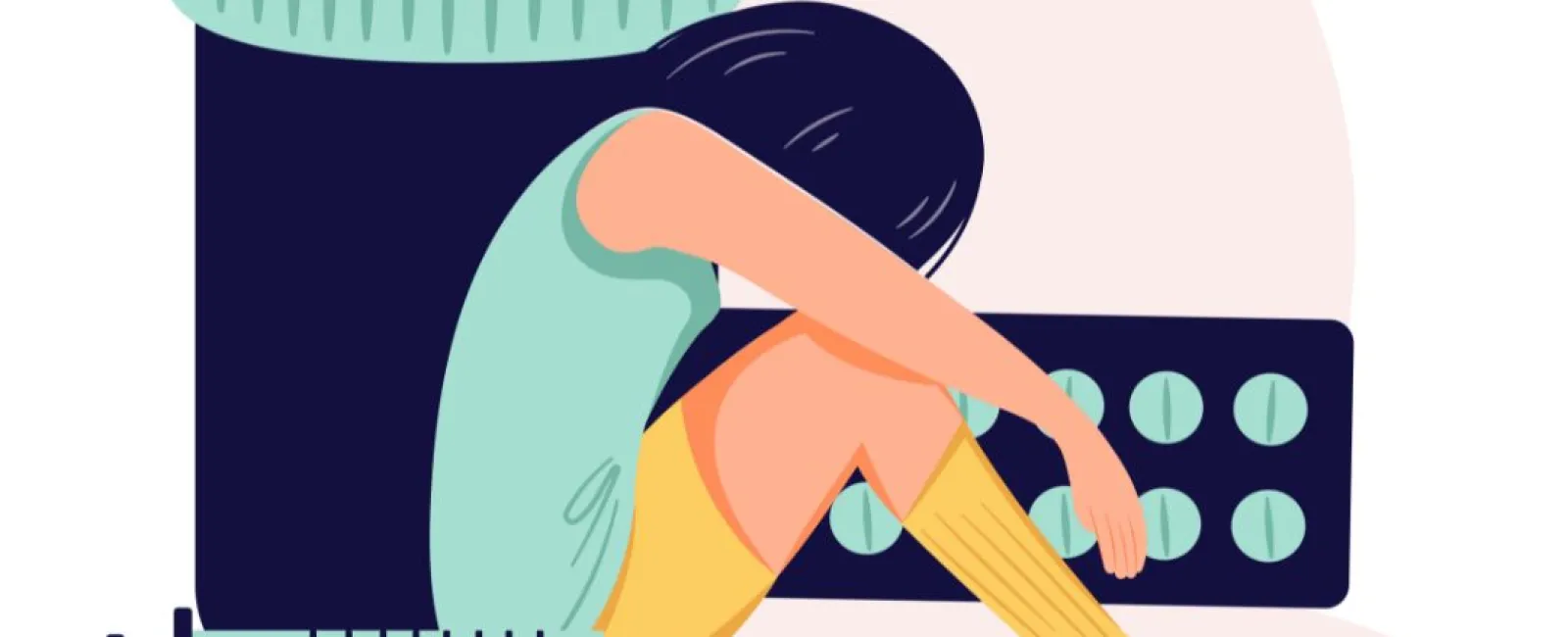According to the World Drug Report, from the United Nations Office on Drugs and Crime (UNODC), it is estimated that in 2018 the prescription drug abuse of opioids will reach new record highs! Just this past August, the married co-owners of a pain management clinic along with their patient recruiter pleaded guilty to conspiracy to distribute controlled substances for their participation in a scheme to unlawfully distribute thousands of pills of oxycodone.
"The so-called 'pain clinic' owned by David Bosch and Tania Sanchez traded oxycodone prescriptions for cash, resulting in bogus, medically unnecessary prescriptions for at least 7,500 tablets of oxycodone," said Assistant Attorney General Brian A. Benczkowski of the Justice Department's Criminal Division."Pill mills like this must be shut down. The Department of Justice is committed to reducing the staggering number of opioid overdoses in this country, and holding accountable all responsible parties, from owners of illegal clinics to patient recruiters, for their roles in this deadly scourge."
According to the U.S. Department of Justice, Bosch and Sanchez owned and operated the pain management clinic. The clinic was a "cash-only clinic" that was run until their arrests in May of 2018. A physician was hired to be the purported medical doctor, knowing the physician would write prescriptions for oxycodone without regard to medical necessity. In return, the physician was paid $125 for each prescription. They also conspired with patient recruiters and drug diverters to distribute oxycodone. This included a recruiter that brought in at least 18 individuals who paid approximately $250 for each purported "medical consultation" to receive controlled substances, especially oxycodone. These recruits received prescriptions for at least 5,000 tablets of oxycodone 30 mg.
Did you know?
Medical necessity is defined by the American Medical Association as: "Health care services or products that a prudent physician would provide to a patient for the purpose of preventing, diagnosing or treating an illness, injury, disease or its symptoms in a manner that is:
(a) in accordance with generally accepted standards of medical practice;
(b) clinically appropriate in terms of type, frequency, extent, site, and duration; and
(c) not primarily for the economic benefit of the health plans and purchasers or for the convenience of the patient, treating physician, or other health care provider."
There has been some debate on how exactly the opioid crisis began, but since 1999 the number of opioids prescribed and sold in the US has quadrupled. The massive increase in the widespread availability of prescriptions before having the proper understanding of how addictive these medications can be has contributed to the epidemic. With this misuse of opioid prescriptions, the overdose rates began to increase before having a full understanding of the dangers of the medications.
Opioid Crisis Training
Are you looking to help train your organization on the many facets of this opioid epidemic? Here at Healthcare Compliance Pros, we are gearing up to release our new Opioid Crisis Training module. This training will include topics such as the Effects of Opioids, Signs of Overdose, Checklists, Guidelines for Prescribing, and other important topics. Contact us today for more information about our Opioid Crisis Training module.

